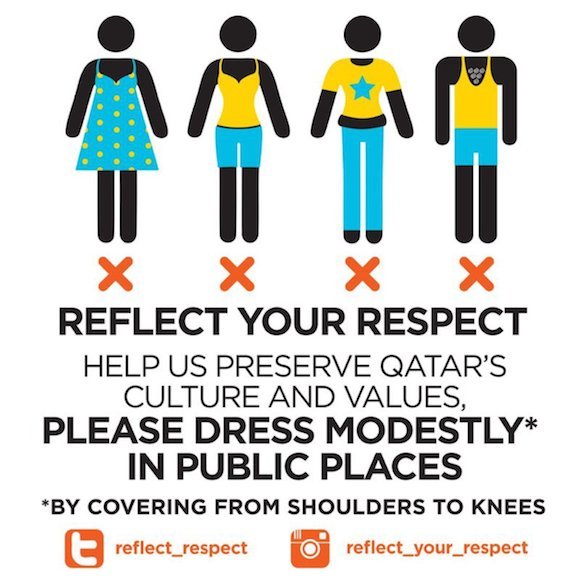The 7 Countries With the Worst Work Life Balance in the OECD
There are some shocking data about the countries with the worst work-life balance. When I was still working in the financial area, it was not uncommon to work 13, sometimes 14 hours per day. Since most of our income was variable, staying at the office for long hours was standard practice for young, ambitious college […]
The 7 Countries With the Worst Work Life Balance in the OECD Read More »






